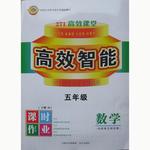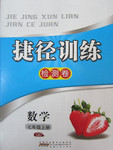题目内容
I’m going to spend the summer holiday in Hainan,________ lives my uncle.
A. where B. who
C. which D. when
练习册系列答案
 高效智能课时作业系列答案
高效智能课时作业系列答案 捷径训练检测卷系列答案
捷径训练检测卷系列答案 小夫子全能检测系列答案
小夫子全能检测系列答案
相关题目
题目内容
I’m going to spend the summer holiday in Hainan,________ lives my uncle.
A. where B. who
C. which D. when
 高效智能课时作业系列答案
高效智能课时作业系列答案 捷径训练检测卷系列答案
捷径训练检测卷系列答案 小夫子全能检测系列答案
小夫子全能检测系列答案